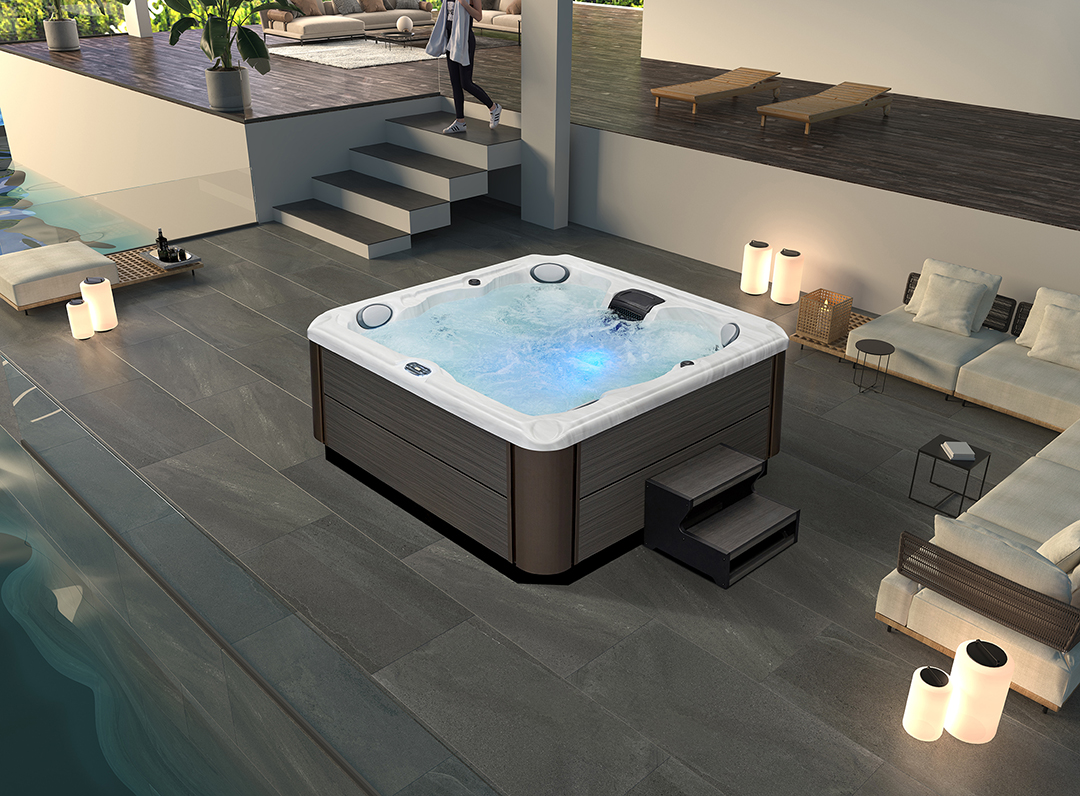Exploring Why Acrylic Bathtubs Resist Internal Structural Leaks
Acrylic bathtubs have become a popular choice in modern bathroom design due to their aesthetic appeal, durability, and resistance to various issues. One notable advantage of acrylic bathtubs is their ability to resist internal structural leaks, providing homeowners with a reliable and water-tight bathing solution. In this article, we will explore the reasons why acrylic bathtubs are less prone to internal leaks compared to other materials.
1. Seamless Construction:
Acrylic bathtubs are typically molded from a single sheet of acrylic material, resulting in a seamless and uniform structure. This seamless construction eliminates the need for joints or seams in the interior of the tub, reducing the risk of potential leakage points. Unlike traditional materials like porcelain or fiberglass, where seams are often present, acrylic’s seamless design creates a watertight enclosure.
2. Monolithic Design:
Acrylic bathtubs are known for their monolithic design, meaning they are crafted from a solid, continuous piece of material without any layered components. This design minimizes the chances of structural weaknesses or delamination, which can be common in bathtubs with multiple layers. The absence of layers reduces the likelihood of water penetrating the material and causing internal leaks.
3. High-Quality Manufacturing Process:
Acrylic bathtubs undergo a meticulous manufacturing process that involves heating and shaping the material into the desired form. This process results in a high-quality, non-porous surface that is resistant to water absorption. The lack of porosity ensures that the acrylic material does not trap water within its structure, preventing internal leaks that could compromise the bathtub’s integrity over time.
4. Flexibility and Impact Resistance:
Acrylic is known for its flexibility and impact resistance, which makes it less prone to cracking or developing structural weaknesses due to external forces. Even if the bathtub experiences minor impacts or stresses, the acrylic material is less likely to develop fissures that could lead to internal leaks. This durability contributes to the long-term reliability of acrylic bathtubs.
5. Chemical Resistance:
Acrylic is inherently resistant to various chemicals commonly found in cleaning products and bath essentials. This chemical resistance ensures that the material remains robust and does not degrade over time due to exposure to cleaning agents. A well-maintained surface preserves the waterproof integrity of the bathtub, preventing internal leaks.
In conclusion, the resistance of acrylic bathtubs to internal structural leaks can be attributed to their seamless construction, monolithic design, high-quality manufacturing process, flexibility, impact resistance, and chemical resistance. Homeowners seeking a durable and long-lasting bathing solution that minimizes the risk of internal leaks can confidently choose acrylic bathtubs. The unique properties of acrylic make it a standout material in the world of bathroom fixtures, offering both aesthetic appeal and functional reliability.

